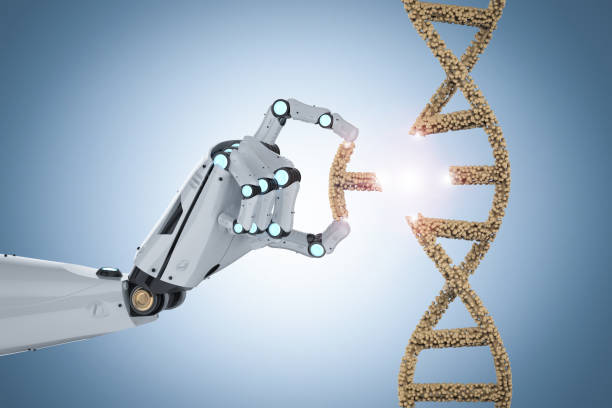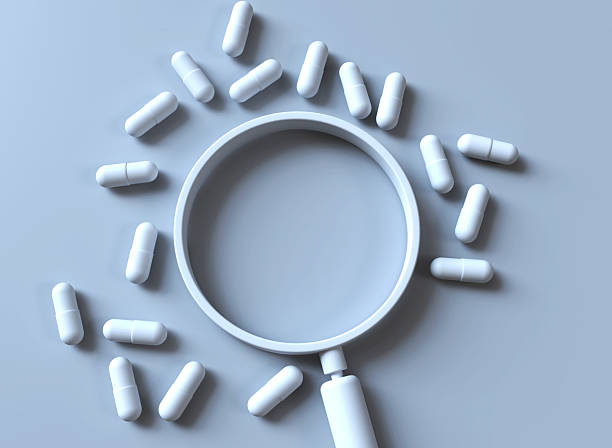By Morgan Nwanguma
Australian scientists have harnessed artificial intelligence (AI) to generate a ready-to-use biological protein capable of killing antibiotic-resistant bacteria such as E. coli. The breakthrough, published in Nature Communications, highlights how AI is transforming biomedical research by designing custom proteins in seconds—a process that once took years or even decades.
The new AI Protein Design Platform, co-led by Dr. Rhys Grinter and Associate Professor Gavin Knott of the University of Melbourne’s Bio21 Institute and Monash Biomedicine Discovery Institute, marks the first of its kind in Australia. Their system mirrors pioneering end-to-end approaches developed overseas, including the work of Nobel laureate David Baker, enabling the rapid creation of thousands of tailor-made proteins.
Over the past year, AI-driven protein design has surged worldwide, yielding molecules that could one day treat everything from snakebites to cancer. By producing effective proteins at unprecedented speed and scale, the Australian platform joins global efforts to accelerate drug discovery, diagnostics, and therapies—potentially reshaping the fight against diseases and the global superbug crisis.
“These proteins are now being developed as pharmaceuticals, vaccines, nanomaterials and tiny sensors, with many other applications yet to be tested” Associate Professor Knott said.
For the research, the team leveraged publicly accessible AI-driven tools for protein design, ensuring the approach can be adopted broadly. “It’s important to democratize protein design so that the whole world has the ability to leverage these tools,” said Daniel Fox, the PhD student who performed most of the experimental work for the study. “Using these tools and those we are developing in-house, we can engineer proteins to bind a specific target site or ligand, as inhibitors, agonists or antagonists, or engineered enzymes with improved activity and stability.”
Dr Grinter said at the moment proteins used in treating ailments such as cancer or infections are gotten from nature and repurposed through rational design or in vitro evolution and selection. “These new methods in deep learning enable efficient de novo design of proteins with specific characteristics and functions, lowering the cost and accelerating the development of novel protein binders and engineered enzymes,” he said.
Building on the pioneering work of David Baker, new tools and software such as Bindcraft and Chai have been developed and integrated into the AI Protein Design Platform co-led by Dr. Rhys Grinter and Associate Professor Gavin Knott.
Professor John Carroll, Director of the Monash Biomedicine Discovery Institute, noted that the new AI Protein Design Programme “positions Australia at the forefront of global protein engineering and biomedical innovation, right up to speed in this exciting new modality for designing novel therapeutics and research tools.
“It is testament to the entrepreneurial spirit of two fabulous young scientists who have worked night and day to build this capability from scratch.”
“The Programme, based at Monash University and the University of Melbourne, is run by a team of talented structural biologists and computer scientists who understand the design process from end-to-end. This in-depth knowledge of protein structure and machine learning makes us a highly agile programme capable of regularly on boarding cutting edge tools in AI-protein design,” Associate Professor Knott said.





